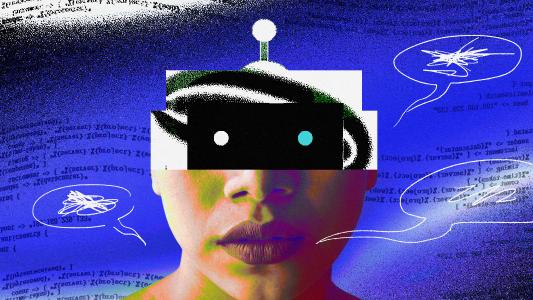Computer Science
AI chatbots are coming to your workplace but are not necessarily coming for your job
AI chatbots might not be coming for your job after all, but AI fluency, the skill to understand and work with AI, will soon be essential.
What does the future hold for generative AI?
Rodney Brooks, co-founder of iRobot, kicks off a symposium on the promise and pitfalls of increasingly powerful AI tools like ChatGPT.
IBM unveils world’s largest quantum chip
Tech giant IBM is pushing the field of quantum computing forward with Condor, the world's largest quantum chip.
Supercomputer uses machine learning to set new speed record
Frontier, the ORNL supercomputer, used machine learning to set a new speed record of 9.95 quintillion calculations per second.
GPT-4 is able to buy stuff on Amazon, researchers say
AI researchers successfully trained a GPT-4-based agent, dubbed the MM-Navigator, to “buy” products on Amazon.
Analog computing is undergoing a resurgence
Combining smart sensors with an older technology — analog computing — could dramatically reduce their power consumption.
ChatGPT forces us to ask: how much of “being human” belongs to us?
Large language models have been trained on massive amounts of “natural” human language — just like us. Does this make the robots part human?
Watch how video games are approaching perfect photorealism
Platforms like Unreal Engine 5 are enabling independent developers to create realistic digital worlds.
New experiment brings us closer to unbreakable quantum encryption
Researchers at Linkӧping University have built a quantum random number generator to be easier to integrate into consumer electronics.
Arrays of quantum rods could enhance TVs or virtual reality devices
MIT engineers have used DNA origami scaffolds to create structured arrays of quantum rods, which could be incorporated into LEDs.









